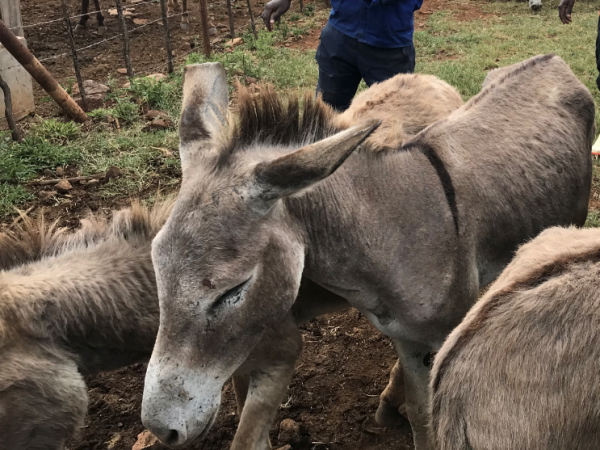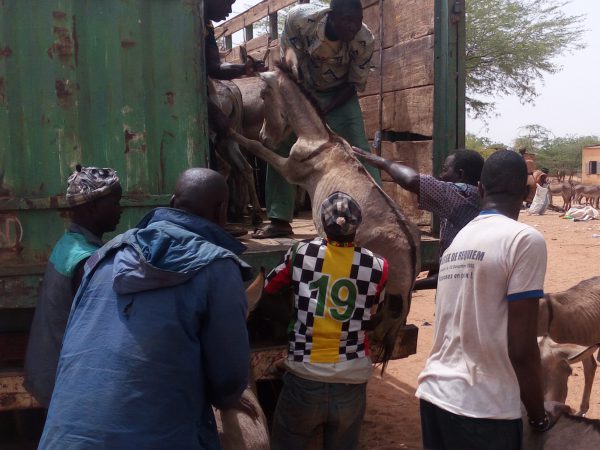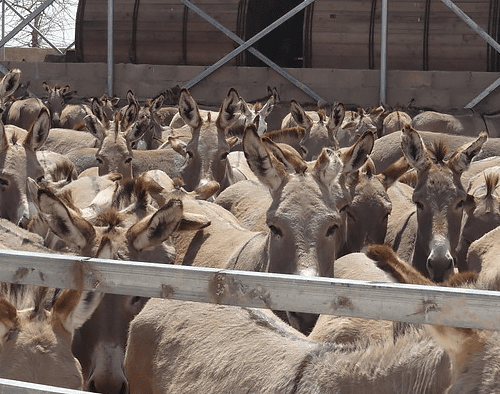
Help safeguard the future of donkeys in Africa and around the world
On 18 February 2024, members of the African Union Assembly in Addis Ababa, Ethiopia agreed to adopt an indefinite, Africa-wide moratorium on the horrific donkey skin trade.
This incredible milestone was secured following years of work from SPANA and our partners, and is a huge step forward in ending the brutal trade which has led to hundreds of thousands of donkeys across Africa being slaughtered for ‘ejiao’ – an ingredient used in traditional Chinese medicine.
The ban is a huge achievement for working donkeys, their owners and everyone who has worked so hard to ban this horrendous trade.
But we know there is still lots of work to be done to ensure the ban on the trade is enforced. There is a risk that the ban causes the donkey skin trade to move underground. It is therefore vital that we continue to:
- Work with partners and governments to ensure the ban on the donkey skin trade is enforced across Africa.
- Ensure illegal operations of the donkey skin trade do not continue.
- Oppose the donkey skin trade globally.
- Work directly with communities affected to raise awareness of the trade and provide them with guidance on keeping their donkeys safe.
A kind donation from you today can help make a lasting, transformational difference to the lives of working donkeys impacted by the horrific skin trade. Thank you so much for your support.

What is the donkey skin trade?
The horrific donkey skin trade has caused millions of helpless animals unimaginable misery, pain and distress. Donkeys are being slaughtered in the brutal trade for ejiao – an ingredient extracted from the collagen in donkey skins that is used in traditional Chinese remedies and beauty products.
Historically, the donkey skins used in ejiao were largely sourced from Chinese farms. But a surge in demand for ejiao over the last decade has resulted in the collapse of China’s donkey population – dropping from 11 million in 1990 to just 5.4 million in 2016.
To meet demand, ejiao manufacturers began targeting donkeys in Africa, resulting in a staggering decrease in its donkey population. In Botswana alone, the donkey population has decreased by 38 per cent in just two years.
The increased value of donkey skins has also fuelled theft. Donkeys are being stolen from their owners, who lose their beloved animals and their livelihoods. In low-income communities, donkeys are heavily relied on to support their owners in earning a meagre income by transporting people and goods.
The increased demand for donkey skins from Africa has caused the price of a donkey to inflate by three to four times in some countries, making donkey ownership unaffordable for many. This has devastated communities.
Donkeys stolen or sold for their skins are treated horrifically. They are cruelly loaded onto cramped, dangerous vehicles, starved, and killed brutally.
The donkey skin trade is unsustainable and unimaginably cruel. Please help ensure the future of donkeys is safeguarded by donating today.


